Climate change 60% of wild coffee beans may become extinct! Arabica is an endangered species!
Professional coffee knowledge exchange More coffee bean information Please pay attention to coffee workshop (Weixin Official Accounts cafe_style)
Many people regard coffee as a spiritual food, and the world can drink 2 billion cups of coffee every day; However, Royal Botanic Gardens researchers said that due to climate change warming, deforestation habitat loss, and the threat of disease pests, 60% of the world's wild coffee varieties are facing survival crisis, including wild Arabica beans used to make fine coffee, not only affecting coffee lovers, many countries rely on coffee exports to earn income, such as Arabica beans home-Ethiopia, annual exports of up to 1 billion US dollars, may also be affected.
Many people start their day with a cup of coffee. But scientists warn that 60 per cent of the world's wild coffee bean species are at risk of extinction as their habitat dwindles, including the most popular Arabica.
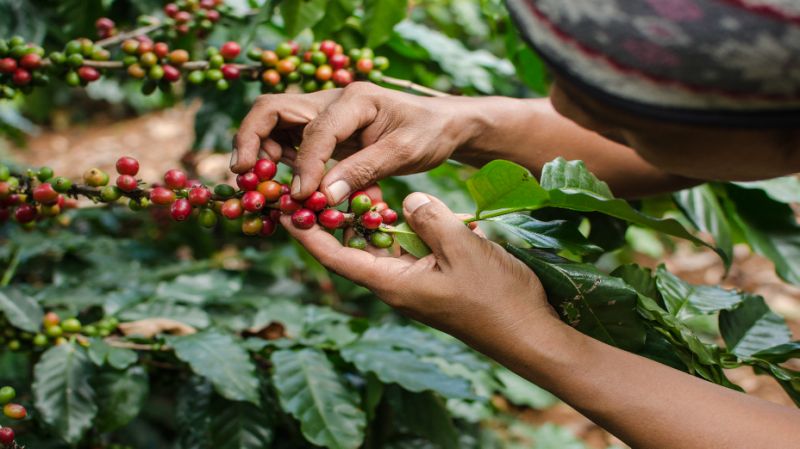
Scientists at the Royal Botanic Gardens analysed 124 coffee bean varieties and presented their report to the International Union for Conservation of Nature.
According to the report, most coffee varieties originate from African and Malagasy forests. However, climate change, declining production areas, and pests have jeopardized the survival of coffee beans. Ethiopia is Africa's largest coffee exporter, with exports valued at $1 billion annually. By 2080, Ethiopia's Arabica farmlands are expected to drop by 85%.
The extinction of wild coffee beans will impact large-scale commercial production of coffee beans, as wild varieties are the key to breeding hybrid coffee, especially to breed varieties that are more resistant to climate change and pests.
Certain tropical countries such as Africa need to take immediate steps to preserve wild coffee beans, scientists warn. These include afforestation, research on coffee varieties, and identification of responses to specific pests. It is also urgent to strengthen coffee forest management, designate wild coffee tree protection areas, establish coffee seed banks and strengthen source labeling.
The report was published in Science Advances and Global Change Biology.
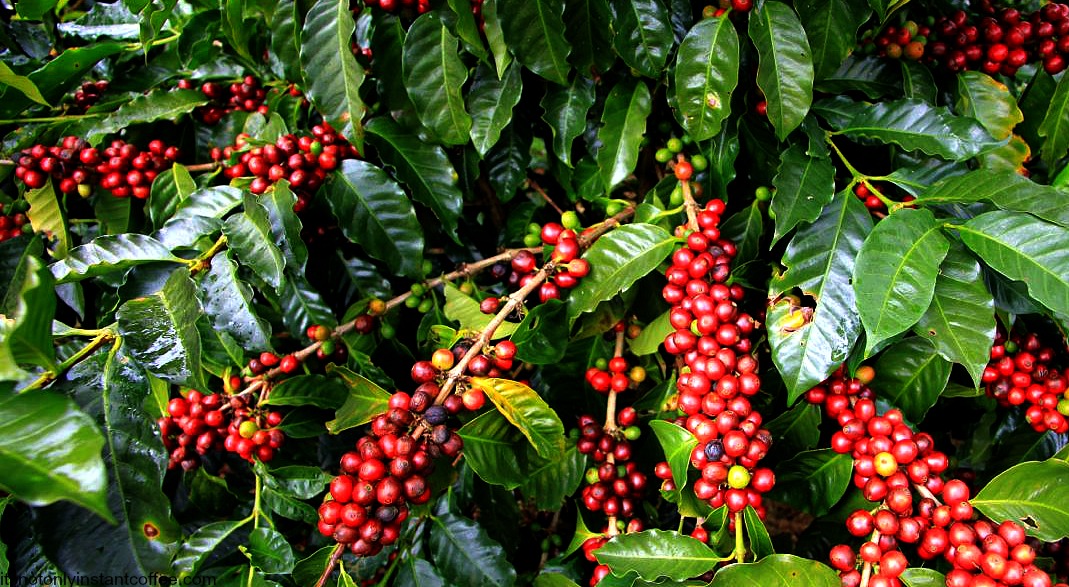
In the world of coffee beans, there are two main varieties of coffee that have economic value, that is, are often used to make beverage coffee: Arabica, which has first-class flavor and aroma, and Robusta, which has a slightly lower grade and a stronger taste; Arabica beans, which account for 70% of the world's coffee bean production, are often made into fine coffee.
Royal Botanic Gardens coffee research expert Davis: "There is one thing that is not widely known, that is, Arabica beans originated in Ethiopia, so this is its most primitive hometown, but after the 15th century, it was brought out of Ethiopia, through Yemen to Southeast Asia, South America, in the process, Arabica beans genetic diversity sharply reduced, because many plantations, only planted a single variety of plants."
Arabica beans, which are popular with humans, have been introduced to different places, and although the flavor has been preserved, the genetic diversity of Ethiopian and global Arabica plantations is less than 1%, which is a big problem.
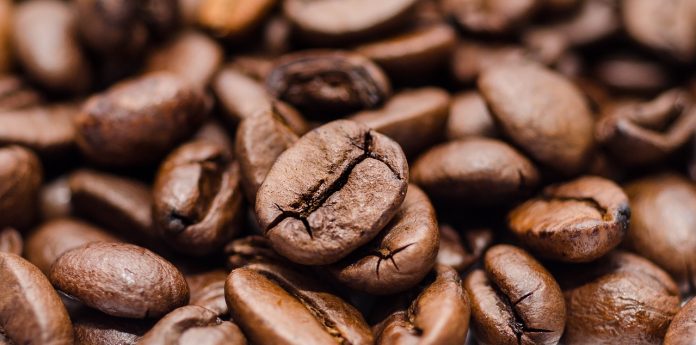
Kew coffee expert davies: "if the degree of genetic diversity is low, then the tolerance for pests and diseases will be lower."
Not only affected by diseases and pests, experts from the Royal Botanic Gardens (Kew) said that deforestation and natural habitat loss, global warming climate change, these three threats, so that 60% of the world's wild coffee varieties, facing survival crisis! Of the 124 species they studied, 75 were at risk of extinction, 13 critically endangered, 40 Endangered, and 22 vulnerable.

Ethiopia is the home of Arabica beans and Africa's largest coffee exporter, with an annual export volume of one billion US dollars, but now the forest cover area is shrinking and affected by warming. It is predicted that by the end of the 21st century, nearly 60% of Ethiopia's producing areas may no longer be suitable for growing coffee. Many recognized ideal coffee producing areas will greatly reduce the quality of coffee beans.
Davis, coffee expert at the Royal Botanic Gardens: "A lot of people say to me, isn't it just a cup of drink, what will happen if it goes extinct?" The focus is on the coffee production chain, which supports the livelihoods of 25 million coffee farmers worldwide and affects the lives of more than 100 million people."

Many people regard this cup of coffee as spiritual food, but for coffee farmers thousands of miles away, it is bread that can fill their stomachs. Ethiopian coffee farmers are harvesting fresh coffee beans. How much does a kilogram of beans cost? The answer is: 29 cents, meaning that the profit won't buy you a cup of coffee. Smallholder farmers are mired in unequal trading, with limited room for free bargaining; coffee prices have plummeted to near 13-year lows.
Reuters: "Western millennials who grew up with Starbucks are driving the boom in coffee shops. From cold extract to nitrogen coffee are the latest innovation trends. There is also a wave of acquisitions in the coffee industry, such as Nestle and Coca-Cola, spending billions of dollars to increase market share. The main reason for the latest decline in coffee bean prices is Brazil's bumper harvest in the world's largest producing area."
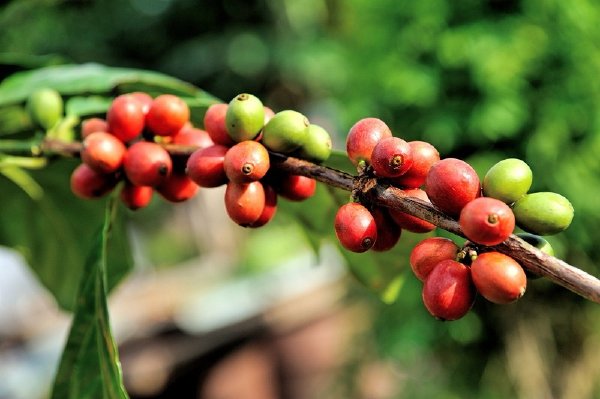
Brazil has set off a wave of investment in coffee trees in the past few years, and the supply has increased greatly. The US Department of Agriculture previously predicted that the global coffee bean production in the fourth quarter of 2018 is expected to reach a record 174.5 million bags. However, as the impact of climate change becomes more and more serious, in the long run, I am afraid it will not be conducive to coffee production, which will bring great impact to the coffee industry chain.
END
Important Notice :
前街咖啡 FrontStreet Coffee has moved to new addredd:
FrontStreet Coffee Address: 315,Donghua East Road,GuangZhou
Tel:020 38364473
- Prev

Luckin Coffee CEO Qian Zhiya won the Top Ten Economic person of the year Award of 2018
Professional coffee knowledge exchange more coffee bean information please follow the coffee workshop (Wechat official account cafe_style) on the evening of January 18. The 2018 Top Ten Economic person of the year Awards ceremony jointly produced by Sina Finance, People's Daily (client) and Wu Xiaobo Channel was held at the Beijing Performing Arts Center on January 18, 2019. Luckin Coffee founder and CEO Qian Zhiya won the top 10 in 2019.
- Next
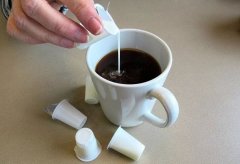
Nestl é applies for patent of non-dairy liquid coffee cream
Professional coffee knowledge exchange more coffee bean information Please follow Coffee Workshop (Wechat official account cafe_style) according to foreign media reports, Nestle has developed a tastier non-dairy coffee cream, adding red seaweed extract and high oil vegetable oil, with a shelf life of up to 6 months. Nestl é wrote in its international patent that this cream has a quality similar to yogurt.
Related
- What brand of black coffee is the most authentic and delicious? what are the characteristics of the flavor of the authentic Rose Summer Black Coffee?
- Introduction to the principle and characteristics of the correct use of mocha pot A detailed course of mocha pot brewing coffee is described in five steps.
- Which is better, decaf or regular coffee? how is decaf made?
- How much is a bag of four cat coffee?
- How about four Cat Coffee or Nestle Coffee? why is it a cheap scam?
- Which is better, Yunnan four Cats Coffee or Nestle Coffee? How about cat coffee? is it a fake scam? why is it so cheap?
- How about Cat Coffee? what grade is a hoax? which instant coffee tastes better, four Cat Coffee, Nestle Coffee or G7 coffee?
- Process flow chart of coffee making-Starbucks coffee making process what coffee tastes good at Starbucks
- The top ten best coffee beans in the world Rose summer coffee or Tanzanian coffee tastes good
- Yunnan four cat coffee is good to drink?_four cat coffee is a big brand? four cat blue mountain coffee is fake?

